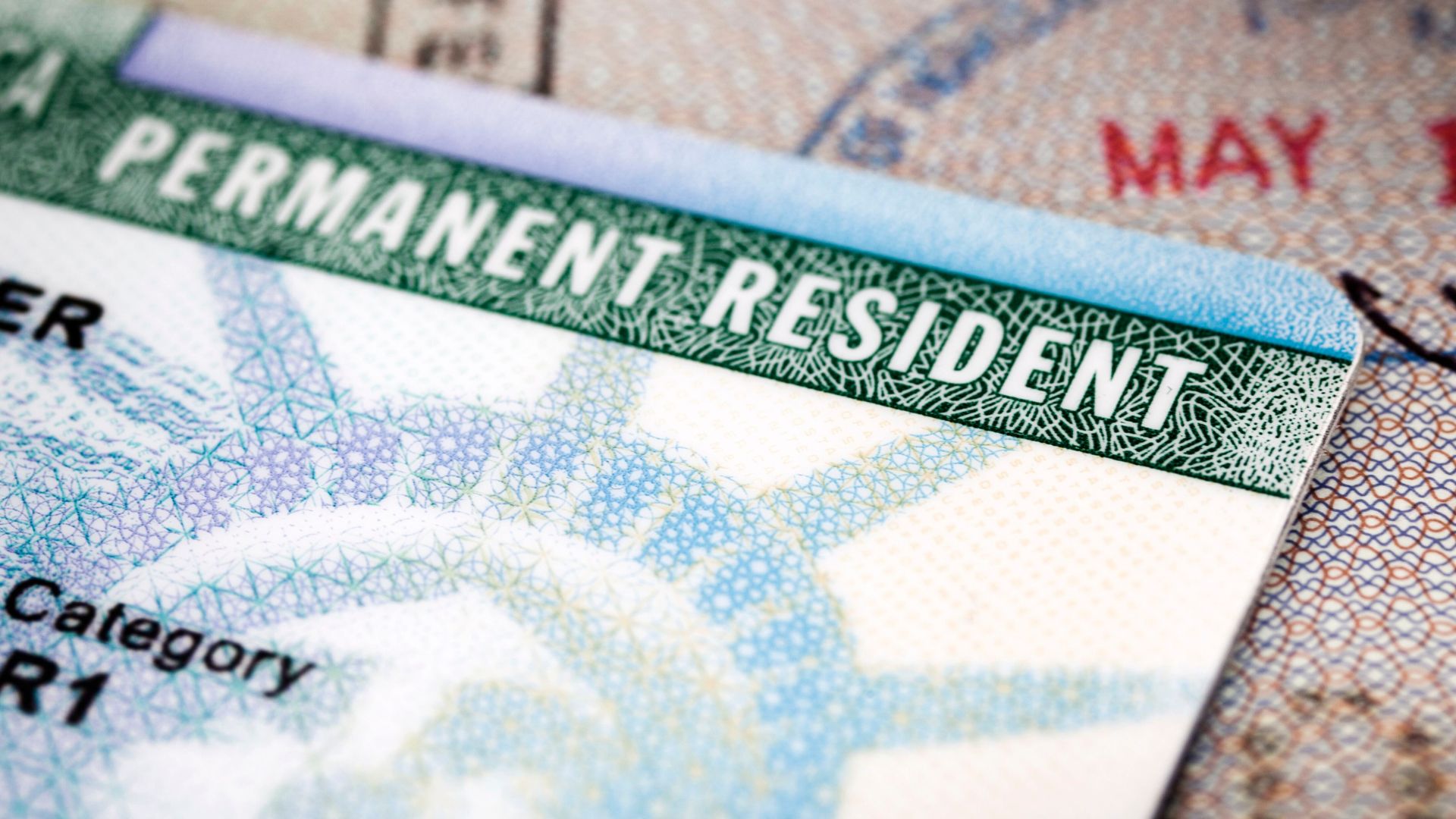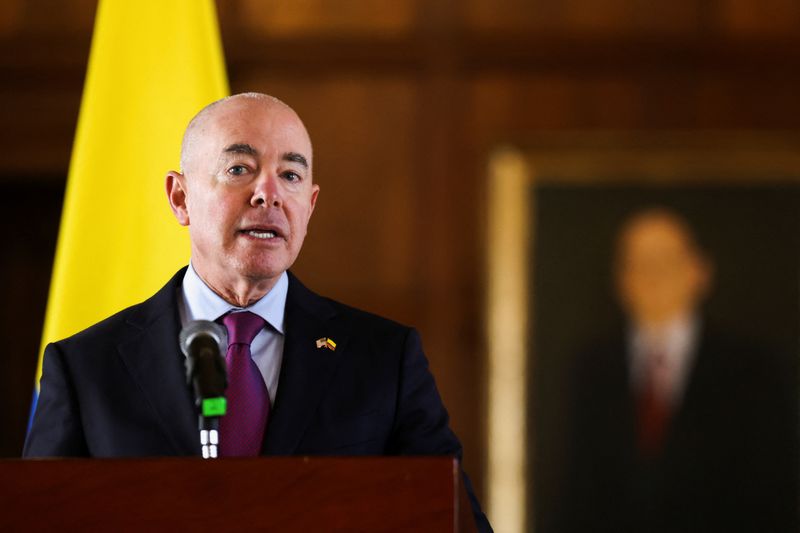
Getting permanent residency in the US is not easy. Not before, not now. But starting this December 23, many people already living in the country and not yet eligible for the popular green card that grants legal residency will be able to do so.
months ago, The Biden administration, through the Department of Homeland Security, made changes to the General Fees Rule that removed some grounds for ineligibility to obtain legal permanent residence (known as a green card) and other immigration benefits. These changes are effective from today.
That is, from being the president Donald Trump (Who imposed these measures) and Until today, if a person received public health benefits such as Medicaid or government food stamps, they were ineligible for permanent residency because that person was understood to be a public charge to the country.
“We will not penalize them for accessing health benefits and other additional government services available to them,” the Department of Homeland Security (DHS) secretary said. Alejandro Mayorkas.
Each case will still be evaluated by immigration officials, and if they determine that it is a public charge, the green card will be denied.. But a person who cannot be admitted to permanent residency is not immediately justified because he has received certain social benefits. Conversely, if, after an investigation, the immigration officer determines that the person cannot fend for himself and is too dependent on the government, they may deny him residency.

They will take them into account Age, health, do you have family in the country, what is your income, do you have assets or savings, education or skills?
There is still an opportunity to provide the so-called Form I-864, is a citizen of the United States or has sufficient income to be responsible for this person. If a person is granted a green card and needs public benefits, they will not be eligible to receive most of them because someone else has made a commitment to the government to cover those costs.
Immigration officials also confirmed that government benefits received by immediate family members of a permanent resident applicant will not be considered a possible justification for public fees, as was previously the case.
If someone has been denied a green card for this issue in recent years, they now have the ability to appeal the case.
Continue reading

:quality(85)//cloudfront-us-east-1.images.arcpublishing.com/infobae/SDBMWMMQMZC63PWS7XAKA2JJXE.jpg)



